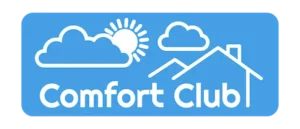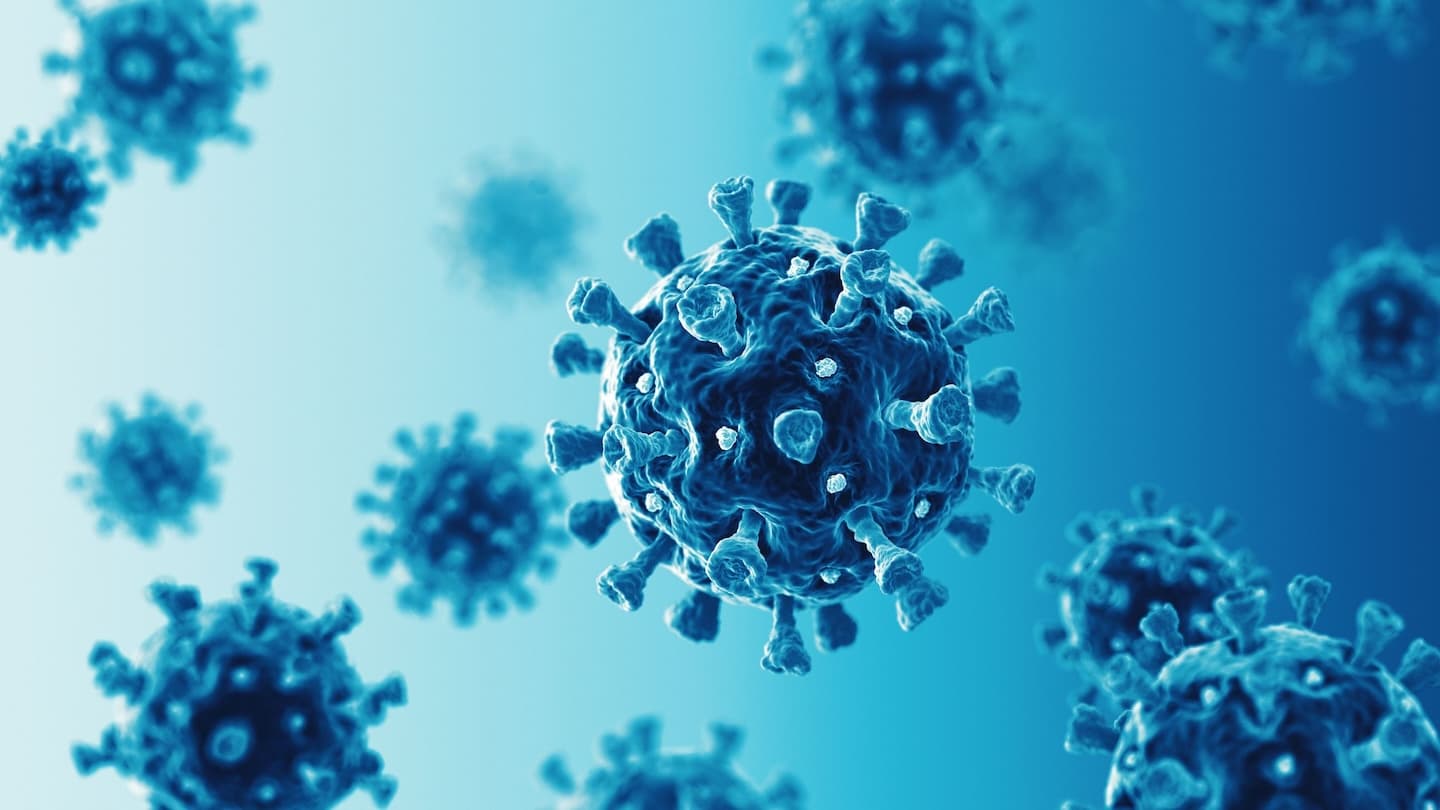Misinformation is widespread. The COVID-19 outbreak initially instigated a frenzy among communities trying to prepare for shelter-in-place orders. People began stock-piling groceries and hoarding paper products. Cleaning products and disinfectant wipes were cleared from the shelves of local supermarkets. And people began working from home.
Social distancing became paramount and remains as the most important protocol in halting the spread of the virus. However, staying at home doesn’t necessarily mean that you are safe from infection. As news broke that the virus could linger in the air for up to three hours and travel at exponential rates, people began wondering if their HVAC systems could be doing more harm than good, as forced air systems circulate air within your single-family home, condominium, or apartment building. With this came confusion—does running your air conditioner affect the spread of the virus? The answer is multifaceted.
The State Of Your HVAC System Matters
Proper HVAC maintenance is key. A poorly kept HVAC network will negatively affect your indoor air quality, as bacteria, dust, germs, and other airborne particles become trapped within the system over time. When these contaminants accumulate and build-up around your air filter and within your ducts, they become distributed with each pump of cool air coming out of your ventilation system. It is imperative that your HVAC system is in tip-top shape and undergoes professional maintenance biannually.
Additionally, your air filters must be changed monthly to ensure they run efficiently. Clogged air filters will lower your indoor air quality and can lead to a host of health problems such as respiratory distress, exasperated asthma, increased allergy symptoms, and other illnesses.
If you think your home may have poor indoor air quality, refrain from using your air conditioning system until you have had a professional technician assess, clean, and repair your system.
Should You Install An Air Purification System?
If you have old ductwork, pets that live in your home, or a family member with pre-existing respiratory health issues, we highly recommend installing an air purification system. Some of the benefits of installing this system include:
-
Reduced risk of respiratory illnesses
-
Lessened severity of allergy and asthma symptoms
-
Improved health and safety
-
Lowered instances of hay fever and environmental allergies
-
Reduced lingering odors
-
Elimination of harmful bacteria and contaminants
The type of system you choose to install will depend on the size of your home, the current state of your indoor air quality, and your current HVAC system. The main types of indoor air purification systems are:
-
UV air purifiers
-
HEPA technology systems
-
Negative ion purifiers
-
Activated carbon technology systems
-
Ozone air purifiers
We highly recommend hiring a professional HVAC technician for air purification system installation to ensure your system functions properly. When it comes down to it, air purification systems can only help reduce virus spread, so there is no disadvantage to installation.
These systems are able to effectively grab microscopic organisms, such as bacteria and viruses, and catch them before they are distributed. UV filters are the most recommended air purification system at this time, as these filters use ultraviolet light to actually damage bacteria and viruses beyond viability, rendering any passing harmful particle harmless.
For HVAC service and maintenance, air filter replacement, and air purification system installation, contact Air Conditioning Specialist, Inc. at (844) 256-6800. We are here to help maintain your indoor air quality during these uncertain times. With CDC health and safety protocols implemented, we are able to provide safety-first service!



